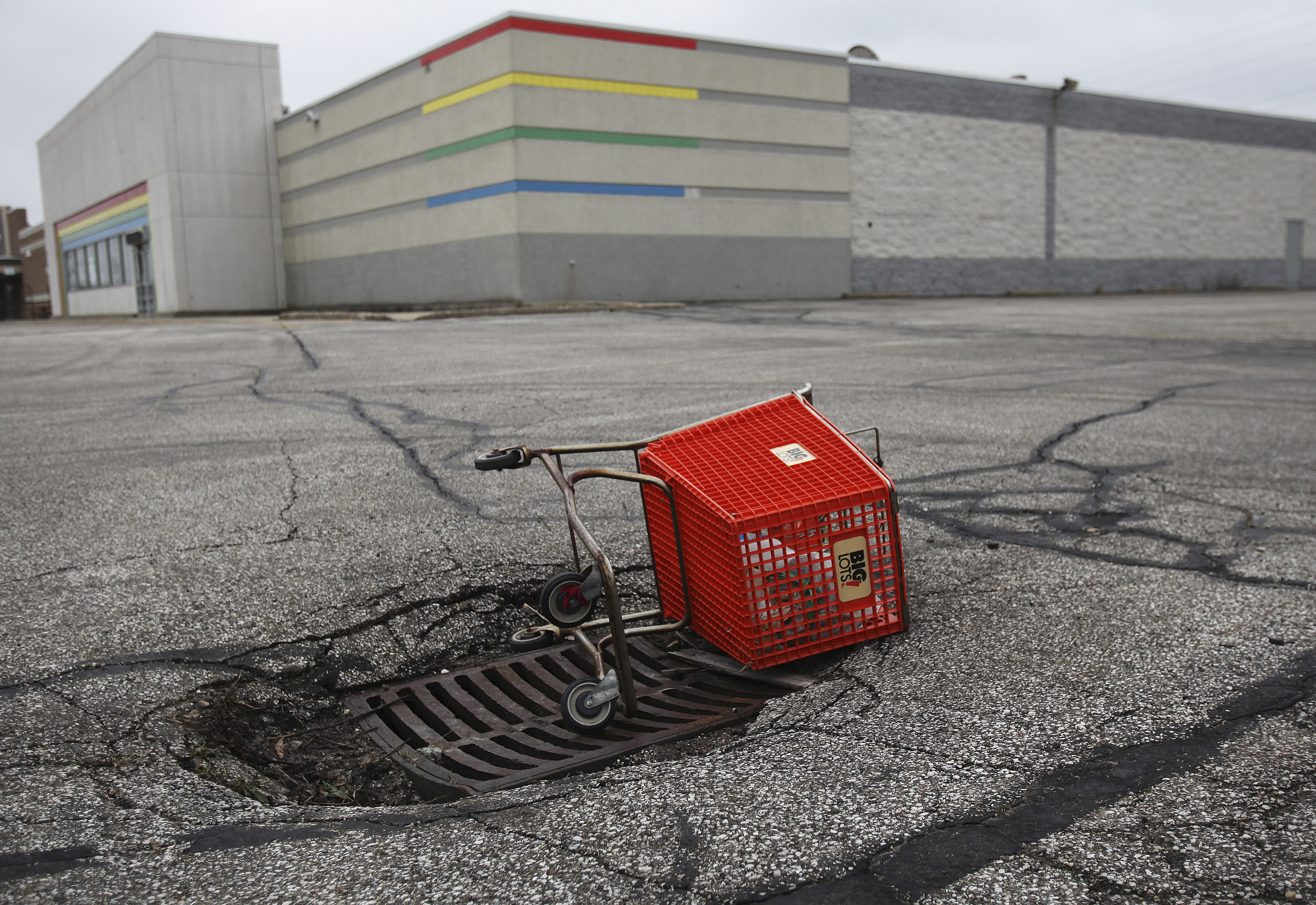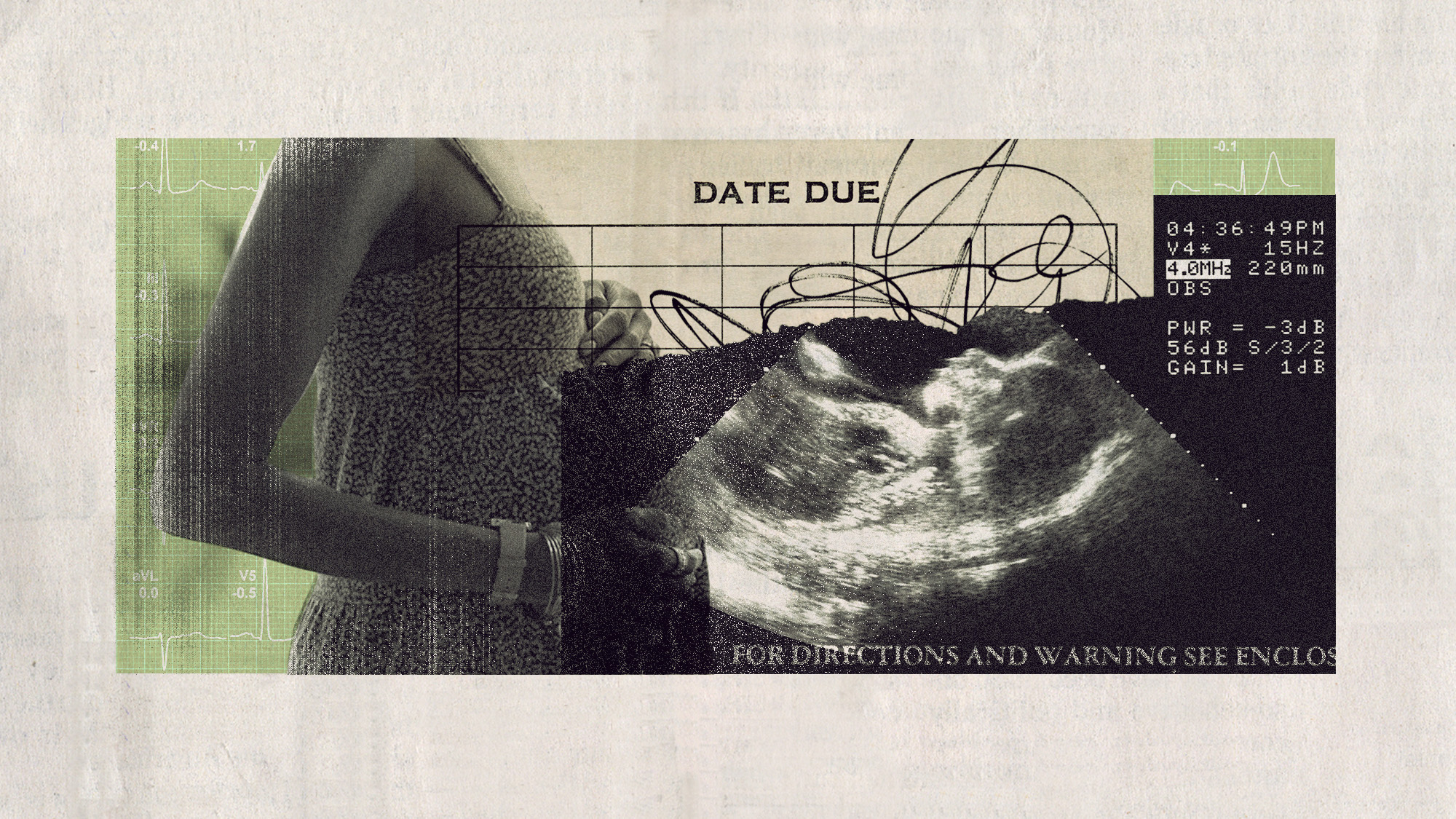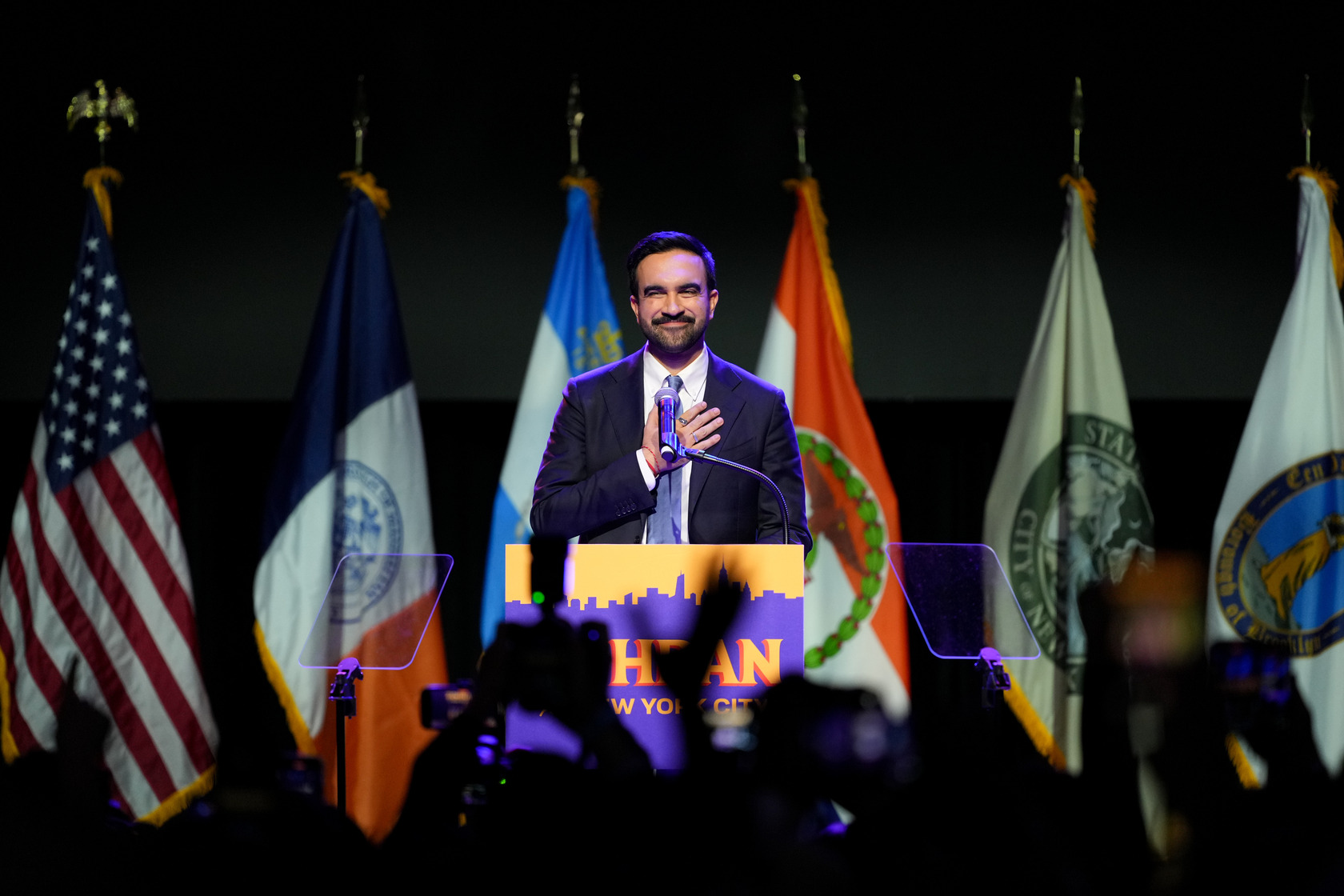How Donald Trump's small business tax cut would leave real small businesses out in the cold
It's all about what Hillary Clinton calls the "Trump Loophole"


Donald Trump gave a speech in Detroit earlier this week to lay out a concrete policy vision for the U.S. economy. On Thursday, Hillary Clinton took to a podium in a major Detroit suburb to take Trump's policy vision apart.
It was a wide-ranging speech that emphasized the policies Clinton intends to pass to spur job creation and beef up public works and infrastructure investment. But it also went after Trump himself, for what Clinton characterized as an incompetent tax plan that would primarily benefit people in Trump's own economic strata. She took particular aim at something she nicknamed the "Trump Loophole."
"It would allow him to pay less than half the current tax rate on income for many of his companies," Clinton said. "He would pay a lower rate than millions of middle-class families."
The Week
Escape your echo chamber. Get the facts behind the news, plus analysis from multiple perspectives.

Sign up for The Week's Free Newsletters
From our morning news briefing to a weekly Good News Newsletter, get the best of The Week delivered directly to your inbox.
From our morning news briefing to a weekly Good News Newsletter, get the best of The Week delivered directly to your inbox.
What exactly is she talking about? It's all about the way the feds tax businesses.
Most everyone knows about America's tax on corporate profits. After a company takes care of all its expenses — investments, paying its workers, etc — the remaining profits are taxed at a rate of 35 percent. (Though that comes with an enormous amount of loopholes, exceptions, and caveats.) Trump said on Monday that he wants to cut this corporate tax rate to 15 percent.
But of all the businesses in the U.S., only a tiny fraction of them get hit by that tax. Officially, they're called C-corporations. The rest of the businesses are what are known as "pass-through" entities — this group includes S-corporations, partnerships, and sole proprietorships. They're called "pass-through" entities, because, well, rather than getting hit by the standard corporate tax rate, their profits "pass through" to get hit by the normal income tax with its various brackets and rates instead. Right now, there are seven brackets, with rates ranging from 10 percent to 39.6 percent.
The idea is that pass-through businesses are what we actually think of when we picture small businesses: plumbers and electricians and shopkeepers and so forth. The sorts of businesses where their profits are mostly just the everyday income of one person or a small group of people, so it really doesn't make sense to treat those profits the same as those of a massive company with shareholders.
A free daily email with the biggest news stories of the day – and the best features from TheWeek.com
As of 2012, pass-through entities were a whopping 89.9 percent of all U.S. businesses filing tax returns.
Instead of subjecting pass-through businesses to income tax rates that can go as high as 39.6 percent, Trump wants to cap their tax rates at 15 percent, too. "Small businesses will benefit the most from this plan," he declared on Monday.
That's the "Trump Loophole."
So why does Clinton think this is a bad idea?
First off, cutting the pass-through rate to a drastically lower level than the normal income tax rate creates a big potential problem. For instance, Trump wants to cut the income tax down to three brackets, with tax rates of 12 percent, 25 percent, and 35 percent. But that's still two tax brackets with higher rates than 15 percent. If you made enough money to fall into one of Trump's top two brackets, you might try to rejigger your tax filings to claim you're a pass-through business, thus slashing your tax liability. As the Tax Policy Center put it:
Establishing a top rate on pass-through business income that is 10 percentage points below the top rate on wages would create a very strong incentive for wage earners to become independent contractors, who would be taxed at the preferential pass-through business rates. Congress could impose strict rules in an attempt to limit such changes in worker status, but the boundary is quite difficult to enforce under current law and would be even harder to police if the Trump proposal were enacted. [Tax Policy Center]
Obviously, the richer you are, and the more resources and access to accountants you have, the easier it would be for you to pull this off. And the more reason you'd have to try.
But beyond that, many small businesses wouldn't even benefit from Trump's plan.
As of 2009, only 1.9 percent of all pass-through businesses paid the top two income tax rates (which were 33 and 35 percent back then.) By contrast, 34 percent of pass-through businesses paid the bottom tax bracket rate of 10 percent or made so little they didn't have to pay taxes at all. That means a third of small businesses made, at most, $18,763 in profits in today's dollars.
It also means that at least a third of small businesses are too poor to get a dime of help from Trump's 15 percent tax cap.
So who would benefit? Enterprises that stretch to the breaking point any sensible conception of what a "small business" is.
In 2013, 68 percent of all the income earned by pass-through businesses went to people claiming at least $200,000 in income. The lowest possible income tax bracket rate they were paying was 28 percent. It would certainly be good for them to see this tax lowered to 15 percent! And consider this: In 2012, the 0.4 percent of S-corporations earning over $50 million accounted for 40 percent of all S-corporation income. The 0.3 percent of partnerships that took in over $50 million made up 70 percent of all partnership income that year.
Donald Trump's small business tax plan would create a massive loophole. It would dramatically benefit already lucrative enterprises. And the actual small businesses you think of when you hear the phrase "small business"? It's not going to help them at all.
Jeff Spross was the economics and business correspondent at TheWeek.com. He was previously a reporter at ThinkProgress.
-
 The rise in unregulated pregnancy scans
The rise in unregulated pregnancy scansUnder The Radar Industry body says some private scan clinics offer dangerously misleading advice
-
 Democrats seek 2026 inspiration from special election routs
Democrats seek 2026 inspiration from special election routsIN THE SPOTLIGHT High-profile wins are helping a party demoralized by Trump’s reelection regain momentum
-
 Film reviews: ‘Bugonia,’ ‘The Mastermind,’ and ‘Nouvelle Vague’
Film reviews: ‘Bugonia,’ ‘The Mastermind,’ and ‘Nouvelle Vague’feature A kidnapped CEO might only appear to be human, an amateurish art heist goes sideways, and Jean-Luc Godard’s ‘Breathless’ gets a lively homage
-
 Has Zohran Mamdani shown the Democrats how to win again?
Has Zohran Mamdani shown the Democrats how to win again?Today’s Big Question New York City mayoral election touted as victory for left-wing populists but moderate centrist wins elsewhere present more complex path for Democratic Party
-
 Millions turn out for anti-Trump ‘No Kings’ rallies
Millions turn out for anti-Trump ‘No Kings’ ralliesSpeed Read An estimated 7 million people participated, 2 million more than at the first ‘No Kings’ protest in June
-
 Ghislaine Maxwell: angling for a Trump pardon
Ghislaine Maxwell: angling for a Trump pardonTalking Point Convicted sex trafficker's testimony could shed new light on president's links to Jeffrey Epstein
-
 The last words and final moments of 40 presidents
The last words and final moments of 40 presidentsThe Explainer Some are eloquent quotes worthy of the holders of the highest office in the nation, and others... aren't
-
 The JFK files: the truth at last?
The JFK files: the truth at last?In The Spotlight More than 64,000 previously classified documents relating the 1963 assassination of John F. Kennedy have been released by the Trump administration
-
 'Seriously, not literally': how should the world take Donald Trump?
'Seriously, not literally': how should the world take Donald Trump?Today's big question White House rhetoric and reality look likely to become increasingly blurred
-
 Will Trump's 'madman' strategy pay off?
Will Trump's 'madman' strategy pay off?Today's Big Question Incoming US president likes to seem unpredictable but, this time round, world leaders could be wise to his playbook
-
 Democrats vs. Republicans: who are US billionaires backing?
Democrats vs. Republicans: who are US billionaires backing?The Explainer Younger tech titans join 'boys' club throwing money and support' behind President Trump, while older plutocrats quietly rebuke new administration
